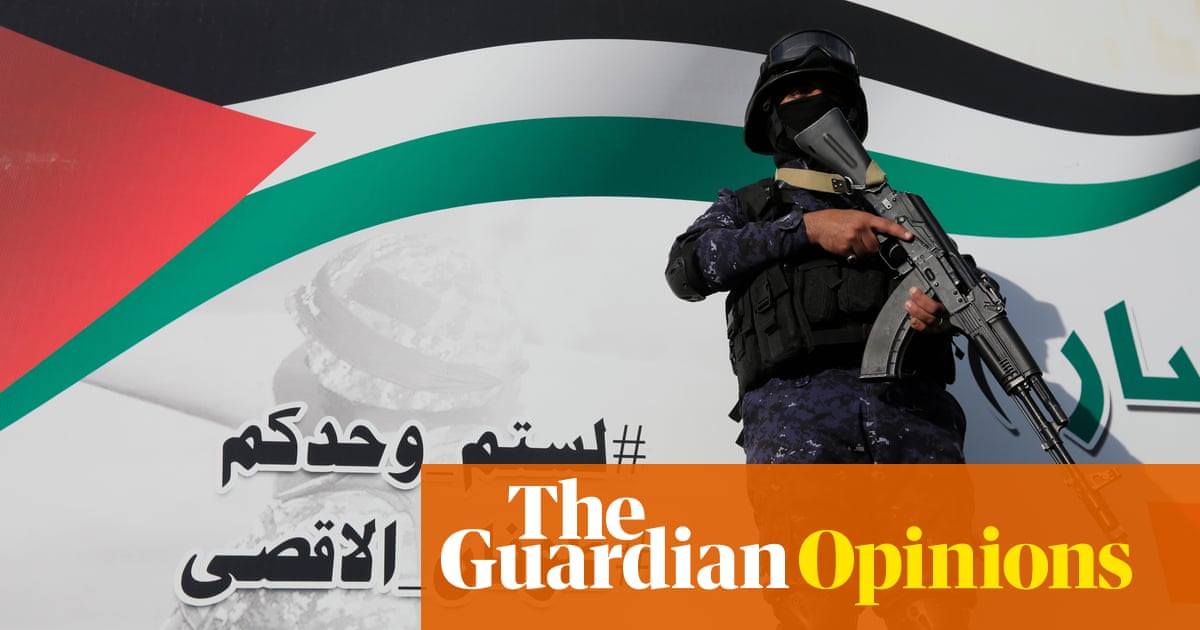
Soon after Hamas’s 7 October attack and Israel’s retaliatory bombing campaign in Gaza, pundits began debating the odds of escalation. For its part, the Biden administration has tried to prevent the fighting between Hamas and the Israel Defense Forces (IDF) from spreading to other areas of the Middle East, if only to spare the roughly 45,000 US troops based there from another ill-fated war.
“Escalation” lacks a singular meaning. For some, it connotes a vast increase in death and destruction after at least one warring party starts using weapons that are far more powerful than it had employed previously. For others, escalation refers to wars that spread because additional countries or armed groups decide to join the fighting.
Israel’s war in Gaza has already escalated in both these respects, albeit only to a limited extent.
The magnitude and scale of the firepower that the IDF has used in Gaza has increased substantially, even before its ground invasion began at the end of October. According to a recent estimate, 70% of Gaza’s homes and half of all other buildings are damaged or demolished. More than 22,000 residents have been killed and 85% have been displaced from their homes – and within 90 days. The magnitude of the devastation has prompted comparisons to the Allied bombing of Dresden and Hamburg during the second world war.
The Israel-Hamas war has also expanded to other places. There are daily skirmishes along the Israel-Lebanon border between Israel and the Iran-aligned Shia militia Hezbollah. Approximately 150,000 people have fled northern Israel and southern Lebanon, and, despite American attempts at mediating a solution that would push Hezbollah further away from the border, the firefights continue.
Furthermore, the IDF has been attacking Iranian proxies in Syrian-controlled territory, targeting air defense systems, weapons depots and even senior Iranian generals. In Yemen, the Houthis, another Iranian-linked militia, have attacked Red Sea shipping lanes more than two dozen times, prompting the US to create an international maritime coalition to maintain freedom of navigation and, along with 11 other nations, to issue a warning: cease or face the consequences.
Still, the region’s major powers have not entered the fray. But there are plausible scenarios in which they could.
One involves an Iranian attack on Israel, perhaps in response to increasing IDF strikes against Hezbollah or an Israeli military strike in Syria that kills numerous advisers or officers from Iran’s Islamic Revolutionary Guard Corps (IRGC). Israel has already killed several IRGC officers since the war in Gaza began, including, on Christmas Day, Sayyed Razi Mousavi, a general overseeing the supply of Iranian weapons to Hezbollah.
Another pathway to escalation is Iranian retaliation for an American attack on the Iran-backed, Yemen-based Houthis, an option that the Biden administration has reportedly considered. Indeed, on 31 December, an American destroyer downed Houthi missiles that targeted a cargo ship in the Red Sea and then fired on Houthi boats that attacked the same vessel, killing the Houthi fighters onboard.
However, incidents like these are not likely to compel Iran to take direct aim at Israel or American warships. Iranian leaders understand that Israel sees it as that country’s biggest threat and would retaliate in force if Iran made the reckless decision to target its territory. Plus, Iran could not exclude the possibility that the US would attack if Israel were bogged down in a two-front war.
Above all else, Iranian leaders are rational actors concerned about preserving their state and will therefore avoid steps that could trigger a runaway spiral that drags their country into a war with Israel or the United States – one it would probably lose.
The war could also spread if Israel attacked Iran in order to stop its support for Hezbollah, particularly if the latter launched a fusillade of rockets and missiles on Israeli cities and towns from southern Lebanon. But in practice, Hezbollah has chosen a middle-ground strategy, engaging in localized attacks against Israeli military posts along the border but nevertheless avoiding strikes on a scale that could cause significant Israeli casualties and lead to a full-scale war that Lebanon can’t absorb. And the IDF has demonstrated ample capacity to punish Hezbollah without having to take the drastic step of also striking Iran directly.
The prospects of Arab countries entering the war are also slim. The huge death toll created by Israel’s relentless attacks on Gaza have produced outrage and sparked demonstrations across the Arab world as well as mounting opposition in Bahrain, Saudi Arabia and the United Arab Emirates to the normalization of relations (past or prospective) with Israel.
Yet there’s no indication that pressure from “the street” will force any major Arab country to intervene militarily to support Gazans. Arab states want the war in Gaza to end as soon as possible, which direct Arab participation would probably prevent. Furthermore, some of these states, notably Egypt, have little sympathy for Hamas.
The war in Gaza is certainly horrifying, but the risks of it escalating remains low, even if they cannot be ruled out entirely.
-
Rajan Menon is the director of the grand strategy program at Defense Priorities, a professor emeritus of international relations at the City College of New York, and a senior research scholar at Columbia University’s Saltzman Institute of War and Peace Studies
-
Daniel R DePetris is a fellow at Defense Priorities and a syndicated foreign affairs columnist for the Chicago Tribune and Newsweek
-
Do you have an opinion on the issues raised in this article? If you would like to submit a response of up to 300 words by email to be considered for publication in our letters section, please click here.
"conflict" - Google News
January 08, 2024 at 06:03PM
https://ift.tt/FrRLyXj
Could the Israel-Gaza war spark a wider conflict involving the US, Iran or others? - The Guardian
"conflict" - Google News
https://ift.tt/o6rlyZ7
https://ift.tt/hD6waA4
Bagikan Berita Ini














0 Response to "Could the Israel-Gaza war spark a wider conflict involving the US, Iran or others? - The Guardian"
Post a Comment